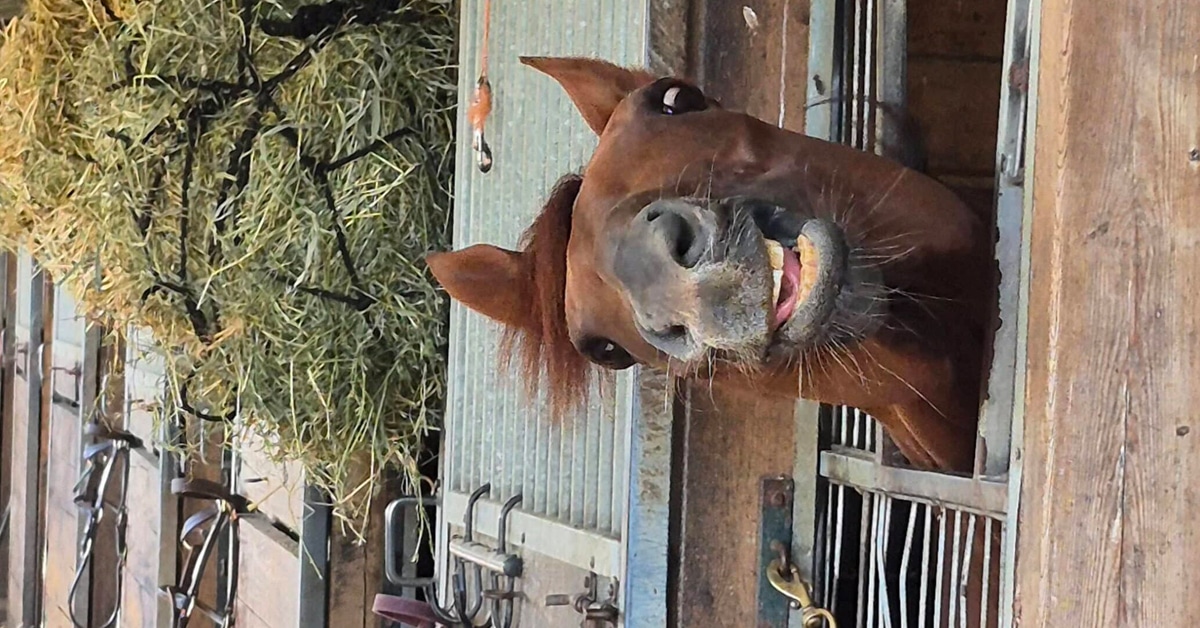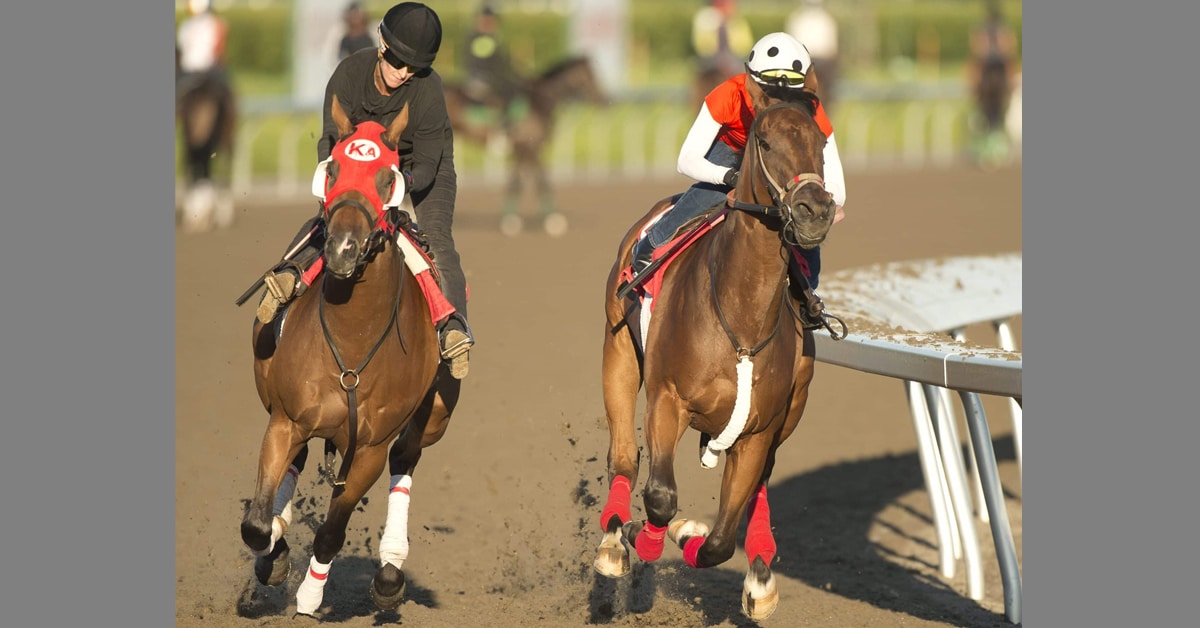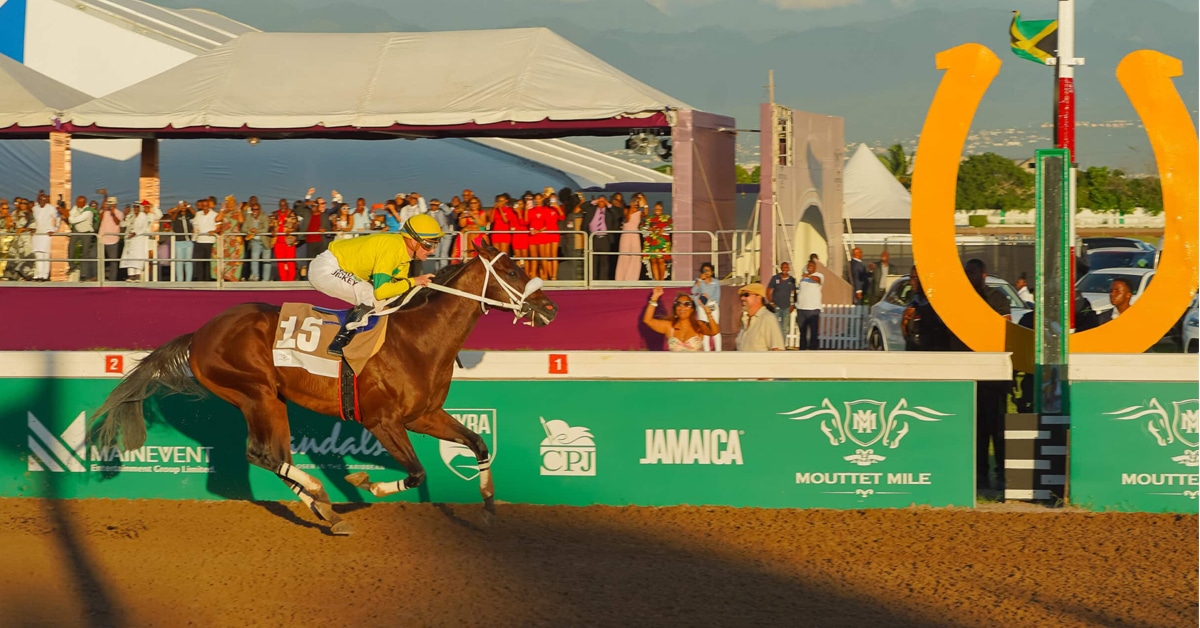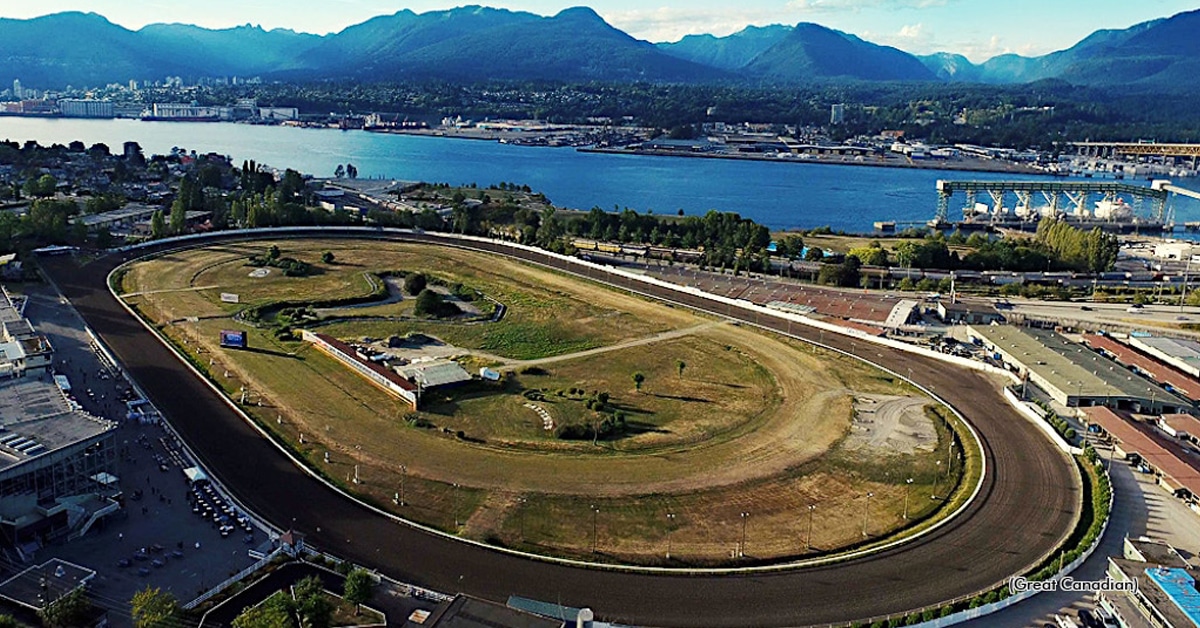A 2012 plan to modernize the Ontario Lottery and Gaming Corporation (OLG) and generate higher profits for the province was “overly ambitious” and “overly optimistic,” Auditor General Bonnie Lysyk said in a Special Report released today.
The Ontario Lottery and Gaming Corporation’s Modernization Plan Special Report also found that the “abrupt cancellation” of a program that gave the horse-racing industry a share of slot-machine revenues at racetracks has had a significant impact on the industry.
“OLG developed its Modernization Plan without sufficiently consulting such stakeholders as municipalities and the horse-racing industry,” Lysyk said. “The profit estimates should have been more realistic, and the abrupt impact on the horse-racing industry could have been mitigated had more people been consulted beforehand.”
Lysyk also noted that the Modernization Plan anticipated that OLG could complete significant downsizing, restructuring and privatization within 18 months, a timeline she described as “overly ambitious.”
The Legislative Assembly’s Standing Committee on Public Accounts passed a seven-part motion asking the Auditor General to look at various aspects of the Modernization Plan, including the cancelling of the Slots At Racetracks Program. The Modernization Plan was approved by Cabinet and made public in 2012.
The Modernization Plan, Lysyk found, presented an “ambitious best-case scenario,” including a significant number of changes designed to raise OLG profits by a total of $4.6 billion between 2013 and 2018. Delays, policy changes and the lack of several municipal approvals resulted in OLG having to dramatically reduce its profit projections.
For example:
- As of March 31, 2014, OLG lowered its original projection of an additional $4.6 billion in gaming profits between 2013 and 2018 by 48%, or about $2.2 billion. Lysyk estimates the reduction could be “as much as $2.8 billion,” or about 60% less than forecast.
- The Modernization Plan depended on and assumed agreement from municipalities for construction of casinos within their borders. However, large Ontario municipalities identified as potential sites for the new casinos, such as Toronto and Ottawa, rejected OLG’s proposals, which significantly lowered net profit projections.
- The government was fully aware that cancellation of the Slots At Racetracks Program, which provided $347 million to racetrack operators and horse owners, horse breeders and others involved in horse racing in 2012, would have a significant impact on Ontario’s horse-racing industry. Nonetheless, the program was cancelled with one year’s notice, as allowed by existing agreements. Initially, there was no plan to provide any transition and support funding for the industry. After an outcry from the horse-racing industry and affected communities, the government introduced new transition and support funding.
- The Modernization Plan’s projections for jobs related to the gaming industry were overstated and highly dependent on a new GTA casino; there will likely be a net loss of gaming jobs in the province instead of the projected gains. In addition, the initial projection that the private sector would spend $3.2 billion in capital investment has been reduced to only about $940 million, most of which would be realized from the sale of OLG’s existing gaming assets.
- A succession of Board and executive management changes since 2005, including the appointment of five Board chairs and seven Chief Executive Officers, as well as shifting reporting responsibilities among multiple ministries and ministers, have undoubtedly impacted OLG.
The Report also noted that OLG’s procurement processes so far have been “fair, open and transparent” and that OLG has taken many steps to prevent and mitigate problem gambling.
More News









